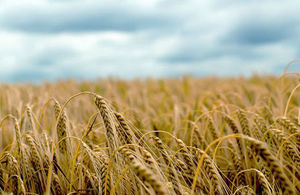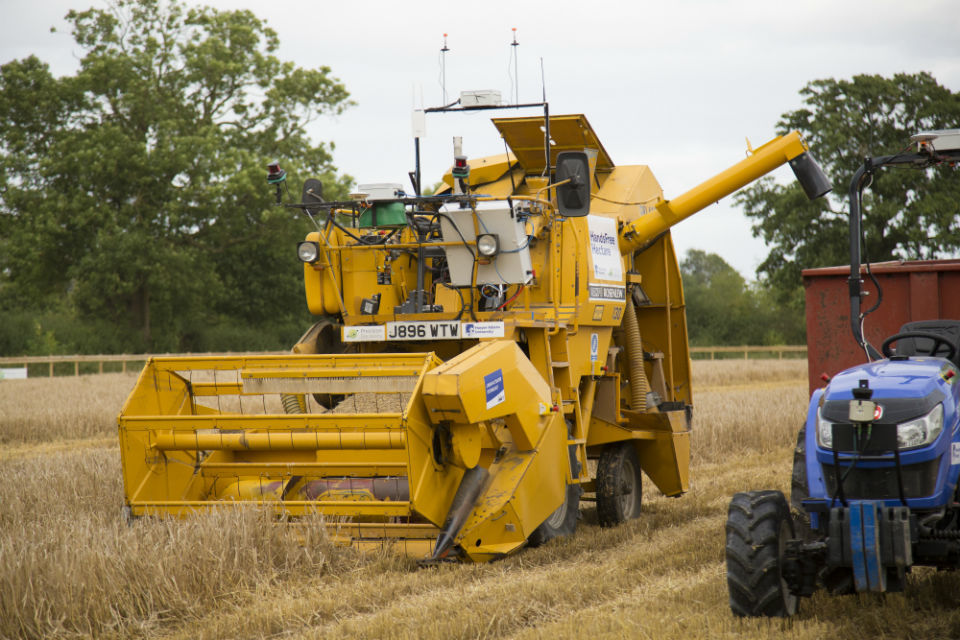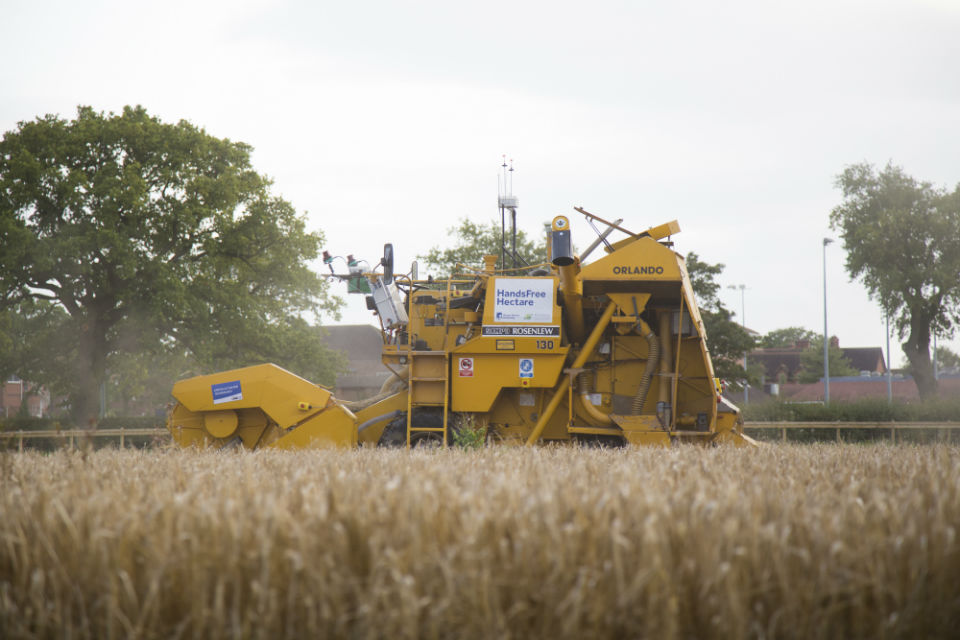Autonomous vehicles for farming: world first achieved
Hands-free crop farming delivered in joint project by Harper Adams University and Precision Decisions, partly-funded by Innovate UK.

Harper Adams University and York-based Precision Decisions have announced the successful completion of ‘Hands Free Hectare’ – its project to plant, tend and harvest a crop using only autonomous vehicles and drones.
Using this method returned a yield of 4.5 tonnes of spring barley, against a predicted yield of 5 tonnes. It demonstrates that an entire crop can be grown from start to finish without people ever needing to go into the field to directly work the land.
The team believes it’s the first in the world to farm a crop in this way. They now plan to replicate the trial with a winter crop.

Open to all
A number of machines were used in the trial. A lightweight Iseki tractor did the spraying, drilling and rolling. The harvest was then completed with a Sampo combine harvester.
Field work to support decision-making was also done autonomously. Drones with multispectral and RGB colour sensors were used to take aerial images of the field, while a smaller Scout vehicle was used to video at crop level and physically take samples. These were sent back to the agronomist to analyse and assess what chemicals to apply and where, and when the crop was ready for harvest.
All of the machinery is readily available to farmers. The Iseki and Sampo are common models, while the navigation system came from a drone. The technology is open source.
Smaller machines were specifically chosen to limit the impact on the soil, improve precision and plant health. This supports the thinking that in future, farmers will manage fleets of smaller, autonomous vehicles. These will go out and work in the fields, allowing the farmer to use their time more effectively.

De-risking innovation
The whole project cost less than £200,000, funded by Precision Decisions and Innovate UK.
Innovate UK awarded just under £160,000 to support a feasibility study of the modified agriculture machinery. This helped to test the idea, prove its viability and take the project forward.
Clive Blacker, Director, Precision Decisions, said:
“Innovate UK is unique in allowing industry and academia to work on innovative ideas by de-risking projects for the benefit of UK agriculture.”